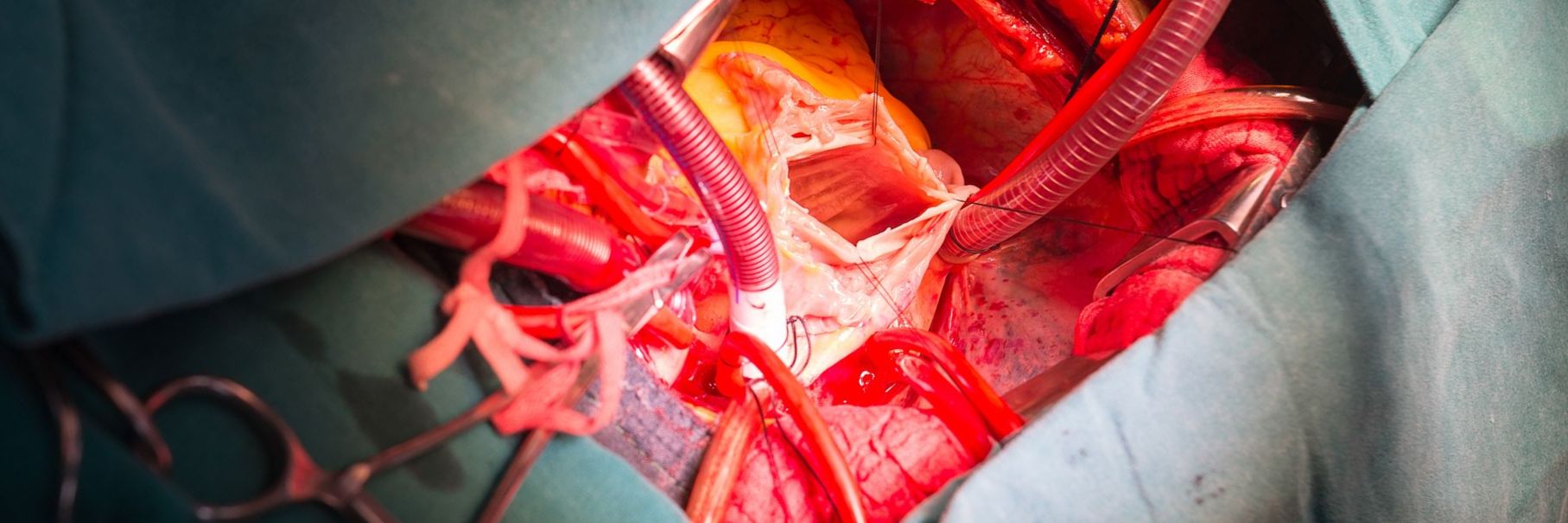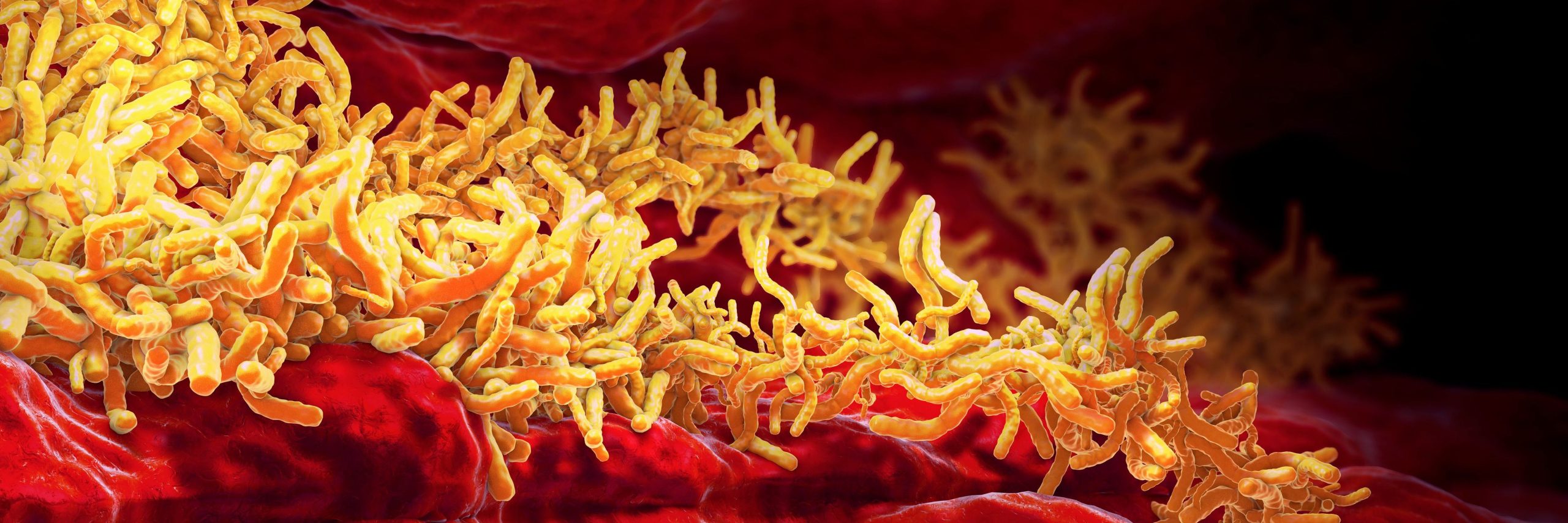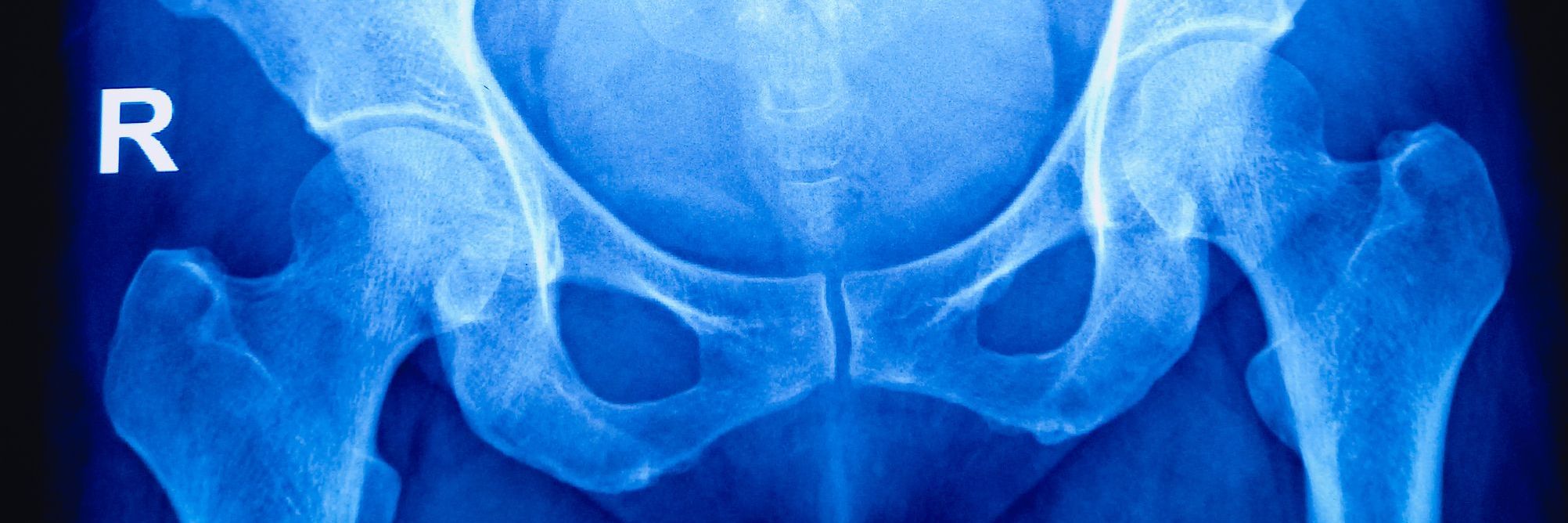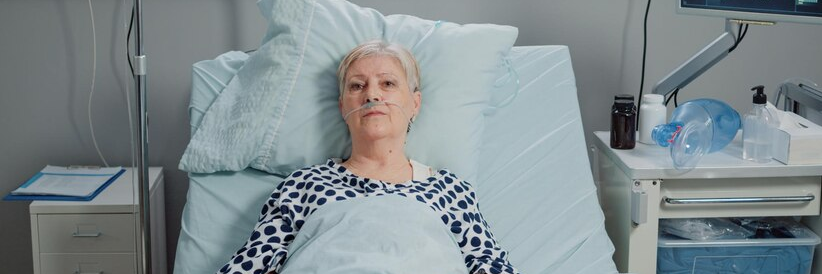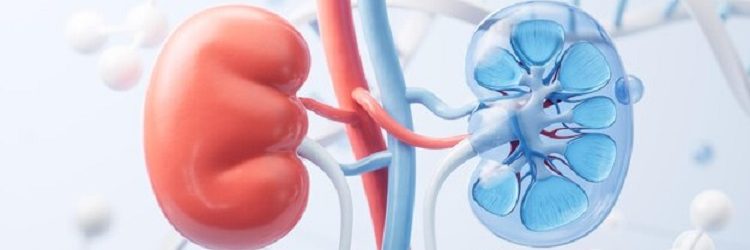The following is a summary of “Universal lung epithelium DNA methylation markers for detection of lung damage in liquid biopsies” published in the November 2022 issue of Respiratory by Magenheim et al.
There is a shortage of circulating indicators for lung injury. However, cell-free Deoxyribonucleic acid (cfDNA) originating from the lungs in the blood can be reported using DNA methylation patterns unique to the lung epithelium. Researchers used whole-genome bisulfite sequencing to derive methylomes from sorted human lung alveolar and bronchial epithelial cells isolated from surgical materials. To analyze lung-derived cfDNA in the plasma of healthy volunteers and patients with lung illness, investigators designed a polymerase chain reaction (PCR) sequencing technique to determine the methylation status of 17 loci with lung-specific methylation patterns.
Enhancers of lung-specific genes tend to be abundant in regions of the genome that are unmethylated only in alveolar or bronchial epithelial cells. These methylomes’ extracted methylation indicators suggest that cfDNA is released into the airways during normal lung cell turnover rather than into the blood. The concentration of lung cfDNA in the blood of people with advanced lung cancer has dramatically increased. Those diagnosed with lung cancer after having bronchoscopy have higher levels of lung-derived cfDNA in their plasma than patients diagnosed with other lung illnesses.
When comparing individuals with stable disease to those with acute exacerbation of COPD, lung cfDNA is significantly higher in the former group and is predictive of future exacerbations and death in this patient population. Mutation-independent, sensitive, and specific detection of lung-derived cfDNA reporting on continuing lung injury is made possible by universal cfDNA methylation markers of normal lung epithelium. These indicators have considerable potential for investigating both typical and abnormal lung function in humans.




